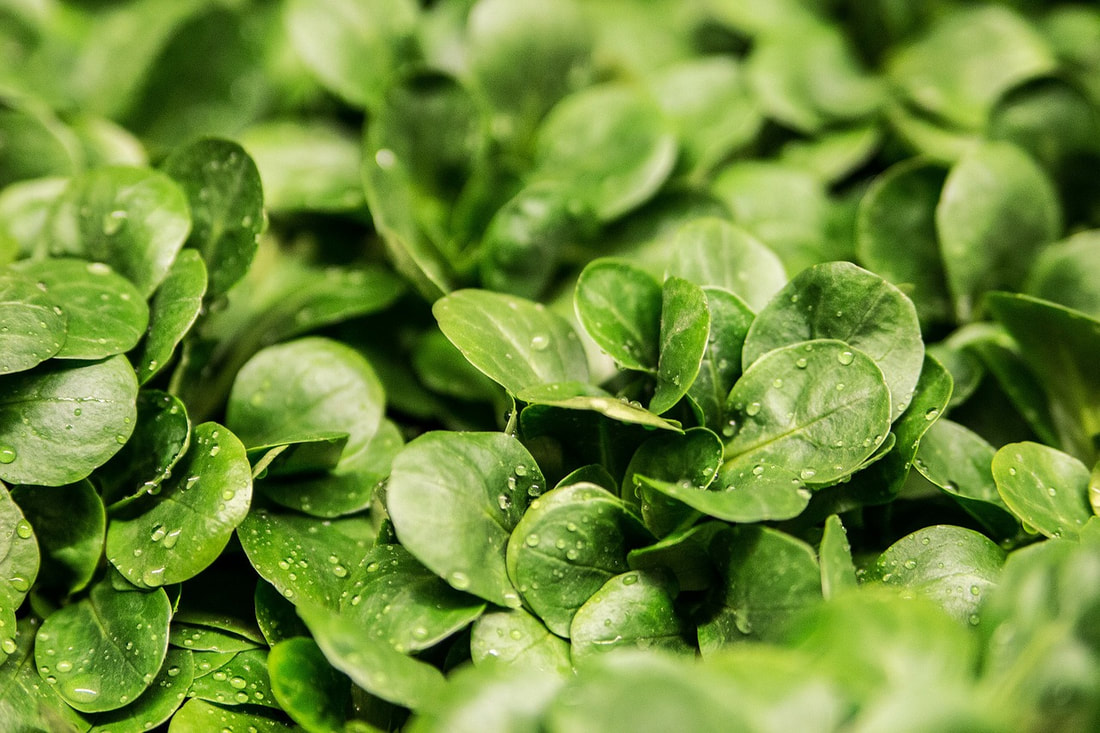|
If you get tired of hearing about what you should eat less of, you will be happy to read about something you can eat more of to protect your heart, bones, and muscles: potassium!
Heart. Potassium is a mineral that helps relax blood vessels, decrease risk of stroke, and reduce blood pressure. It appears to offset some of the damaging effects of a high sodium (or salt) diet, making blood vessels less stiff as well as helping the body excrete sodium.. Bones. There is a positive link between a diet high in potassium and bone health. Potassium-rich foods produce alkali in the body to maintain acid-base balance. To see how bones are involved, imagine a diet high in grains and protein foods with very little fruits and vegetables. This diet makes the body acidic, sending a signal to bones to neutralize that acid by breaking down bone to release alkali (base). Adding potassium-rich fruits and vegetables to your diet gives your bones a great advantage on the acid-base scale. Muscles. Potassium is needed for muscle contraction, communication between muscles and nerves, and overall muscular function. A diet low in potassium may contribute to fatigue and digestive troubles. Muscle cramps do not always mean you need potassium, but muscle fatigue is a pretty good indicator. The amount of dietary potassium needed to see these positive results on the heart, bones and muscles is reasonable but is not found in the typical American diet. Average intake is 2,650 milligrams each day while the recommended intake is 4,700 milligrams. Of course we eat food, not minerals, so what are the best food sources of potassium? Fruit is naturally high in potassium. In addition to the well-known banana, dried apricots, prunes, cantaloupe, peaches, apples and oranges are the highest sources, followed by almost all other fruits. Aim for at least three servings each day, with a serving being ¼ cup dried and ½ cup whole fruit. Vegetables contain as much potassium as fruit, with leafy green vegetables leading the way along with orange vegetables such as sweet potatoes and acorn squash. Other vegetables are also good sources, and research suggests we should eat four servings daily. One serving is just ½ cup cooked vegetables or 1 cup raw vegetables, so you could meet your goal with two servings each at lunch and dinner. Nuts, beans and lentils also contain a significant amount of potassium. One half cup serving most days can be realistic, especially if you rotate your bean selection between lima, pinto, kidney, great northern, navy and black. Although canned beans are convenient, be sure to rinse them well in a colander to remove excess sodium. Speaking of sodium, sodium and potassium have opposite effects in the body. People with high sodium, low potassium diets are more likely to have high blood pressure, are more likely to die from a heart attack, and are more likely to die from any cause than someone with a higher potassium, lower sodium diet. Hopefully that’s enough to convince you to replace your highest sodium sources (just about anything in a box) with a colorful potassium source! *** As seen in the Fort Collins Coloradan ***
0 Comments
|
Melissa Wdowik, PhD, RDN, LDN, FANDis a nutrition educator with over 20 years experience as a college professor, nutrition coach, presenter and writer, as well as a nutrition consultant and founding director of the Kendall Reagan Nutrition Center. Blog Categories
All
Archives
February 2018
|

